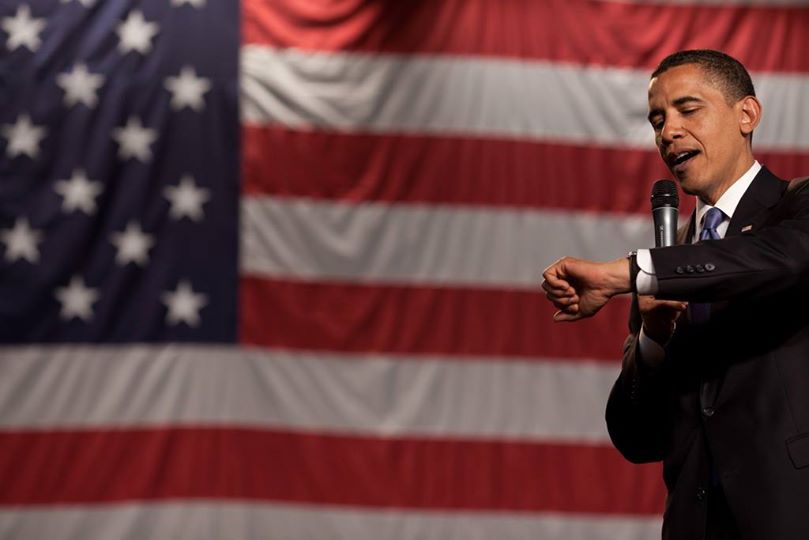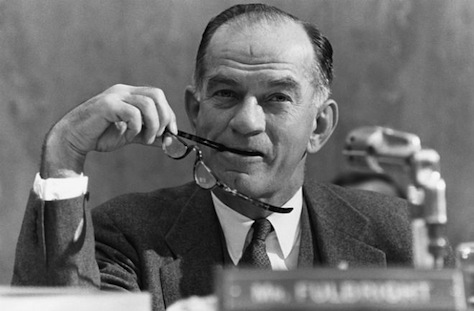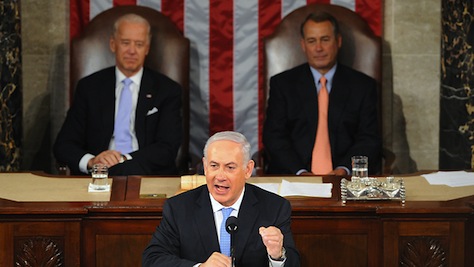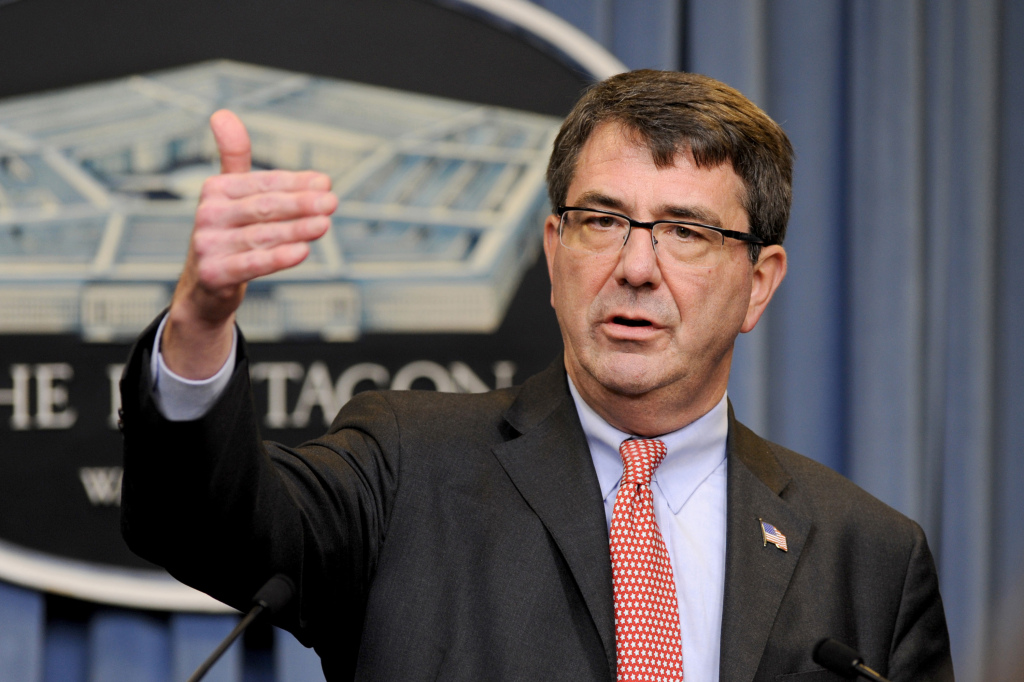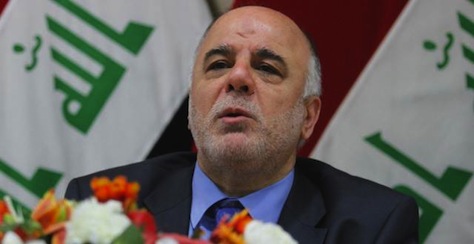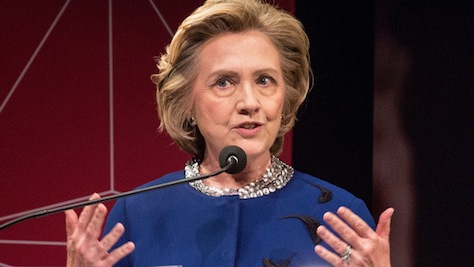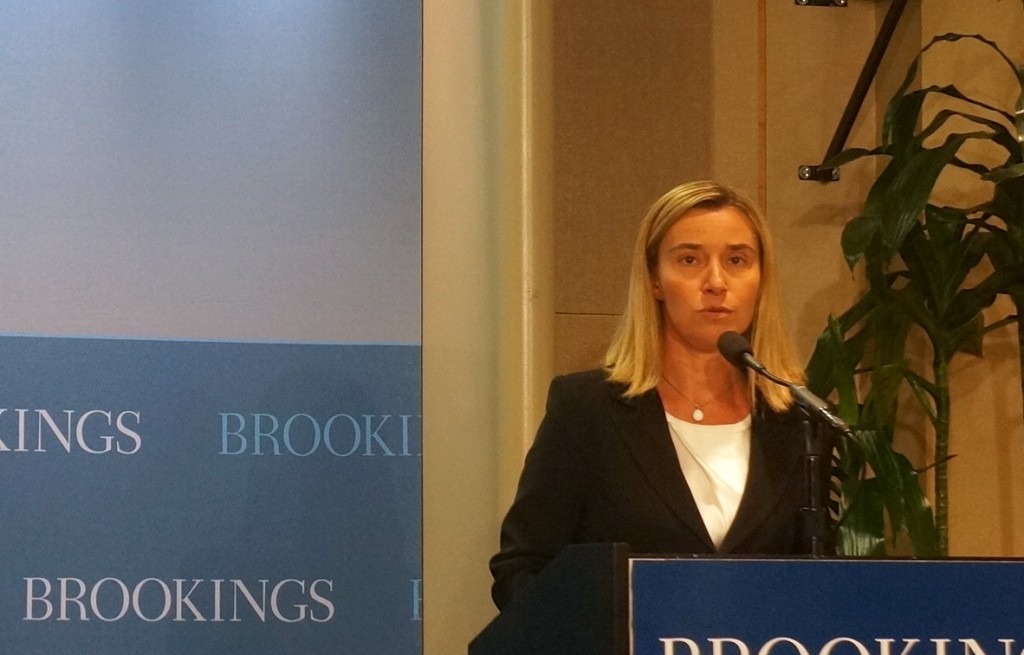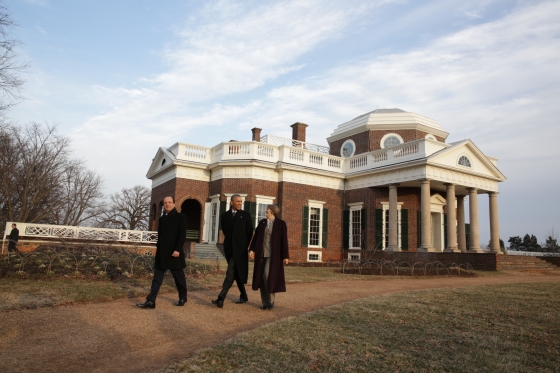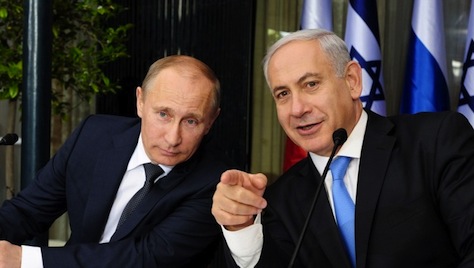 Photo credit to Kobi Gideon / GPO / Flash90.
Photo credit to Kobi Gideon / GPO / Flash90.
It’s still irresponsible chatter to suggest that Russian president Vladimir Putin’s nine-day absence from public view is anything more serious than the flu.![]()
![]()
![]()
But as Julia Ioffe wrote Saturday in The Washington Post, even if Putin’s absence is, as very likely, caused by something as mundane as the influenza epidemic currently sweeping through Moscow, it is becoming a more serious event because of the highly personalized system of Russian government where everything has become so micromanaged by Putin and his close allies. The longer Putin’s absence, the greater the chances of an internal coup or putsch, perhaps by the internal security forces, the siloviki, upon whose support Putin rose to power in the 2000s:
You can see why some in Russia are panicking right now—or veiling their discomfort in humor. It certainly doesn’t help that Putin’s disappearance comes at a particularly nervous time for the country. It is at war in Ukraine, its economy is shuddering under sanctions and historically low oil prices, and the opposition leader, Boris Nemtsov, was recently gunned down steps from the Kremlin. There is a sense in Moscow that the wheels are coming off. To Moscow’s chattering class, Putin’s disappearance confirms that impression.
Meanwhile, on Tuesday, in national elections, Israeli prime minister Benjamin Netanyahu’s center-right Likud (הַלִּכּוּד) is set to win fewer seats in Israel’s parliament, the Knesset (הכנסת) than the center-left Zionist Union (המחנה הציוני) of Labor Party leader Isaac Herzog and former justice minister Tzipi Livni. Though it’s too soon to write off a third consecutive mandate for Netanyahu, the March 17 vote is the toughest electoral fight for Netanyahu since he lost his first bid for reelection in 2001.
Even if Israeli president Reuven Rivlin, a former Likud speaker in the Knesset, convinces Likud and the Zionist Union to form a national unity coalition, polls show that Herzog, and not Netanyahu, would become prime minister. That would place deadening pressure on Netanyahu’s leadership of Likud, where capable replacements, such as former interior minister Gideon Sa’ar, are waiting in the wings.
Remarkably, that means that US president Barack Obama’s two most nettlesome rivals in international affairs could be sidelined in the course of the same week — or even the same day. Continue reading Obama’s top two foreign rivals could be vanquished in one week
